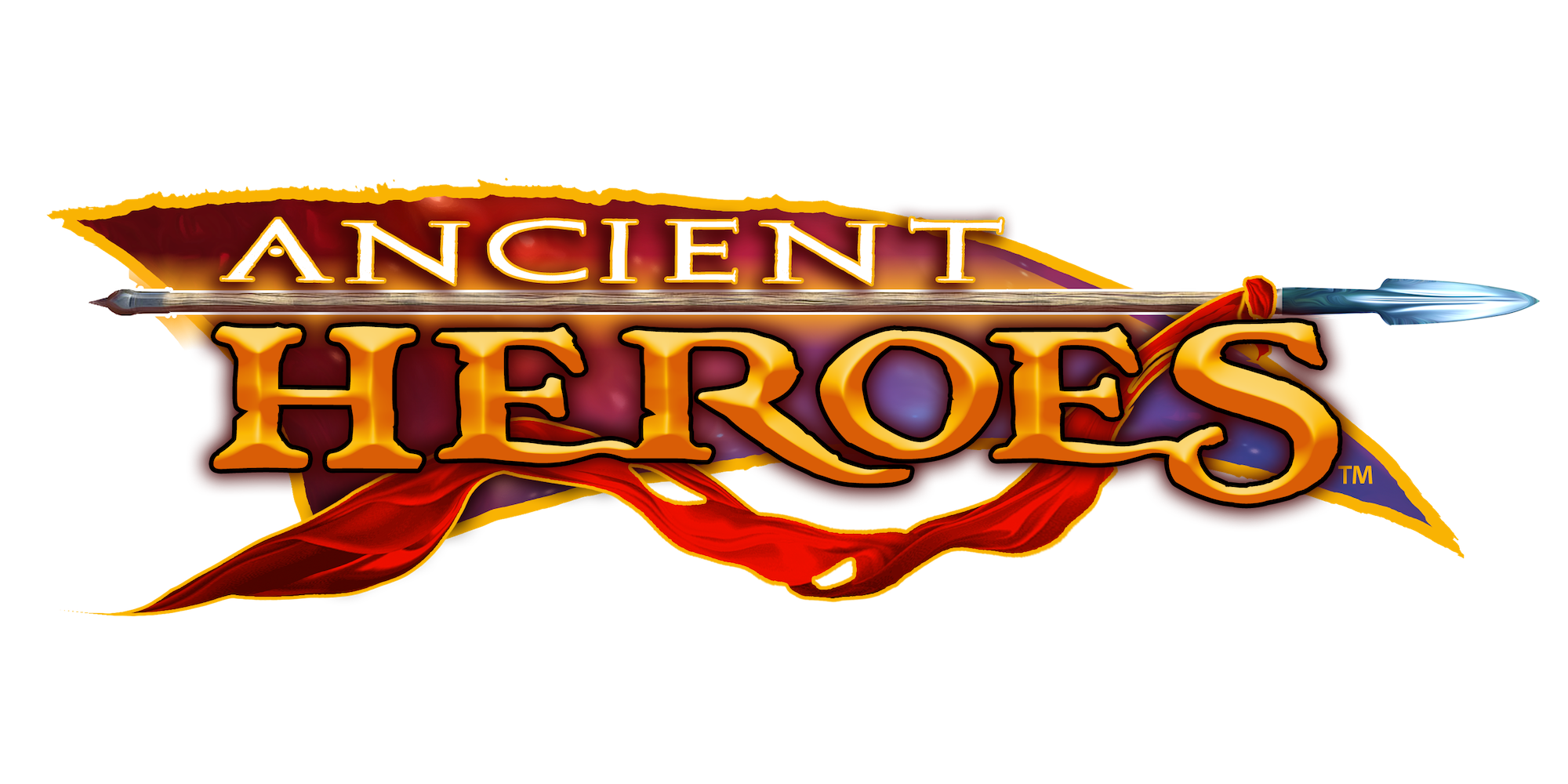Micah – Three Times
Not once. Not twice. But three times Micah preached the process of repentance. But to reach a place of recovery, hard-hearted Judah would have to walk through the effects of her sin. Having made unholy alliances with heathen Assyria, God’s people adopted their pagan worship practices. As division grew between the rich and poor, the powerful leaders greedily seized the poor’s land, disrespecting God’s intended allotment among the tribes and His heart for all His people.
God had had enough. A swift and scathing judgment lay just around the corner. So Micah sent out the warning, calling God’s people to repentance. Three times, Micah reiterated the account of Judah’s sins against God’s covenant, followed by the dismal, impending doom God would soon deliver. Though the devastation would wound deeply, it would not demolish all hope. Following punishment, One person would come from the tribe of Judah to restore God’s people back to proper relationship. God’s people would be saved, and the problem of sin eternally solved. Through the Messiah’s ultimate love and sacrifice, God’s presence inside His people would steer and empower them in the paths of righteousness instead of a list of laws their sinful nature kept them from keeping.
Sometimes, as in Judah’s case, pain is a necessary tool God uses to uproot our idols and wrong ideology. Through experiencing the consequences of our sin, we see our desperate need of a Savior. In Micah, we are reminded three times that God does not leave His people in the dust. He raises us through repentance and faith to a place of highest honor, seated with His Son in the heavenly places. Though life, complicated by sin seems a painful breaking, it opens us to better blessing. As Paul said in 2 Corinthians 4, “Therefore we do not lose heart. Though outwardly we are wasting away, yet inwardly we are being renewed day by day. For our light and momentary troubles are achieving for us an eternal glory that far outweighs them all. So we fix our eyes not on what is seen, but on what is unseen, since what is seen is temporary, but what is unseen is eternal.”

Who was Micah and why did God choose him? Read Micah 6:8.
What does Micah say about Jesus? Read Micah 5:2.
Why is it important to know the Old Testament?
Micah shares about the Messiah hundreds of years before His birth. What does this tell you?
